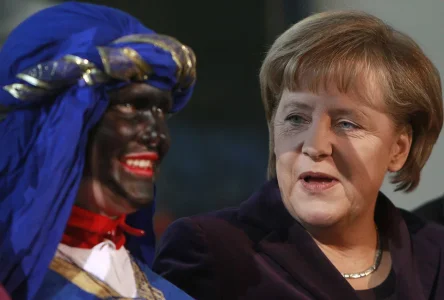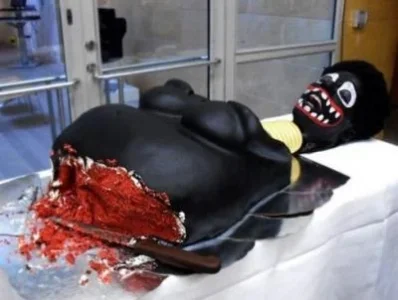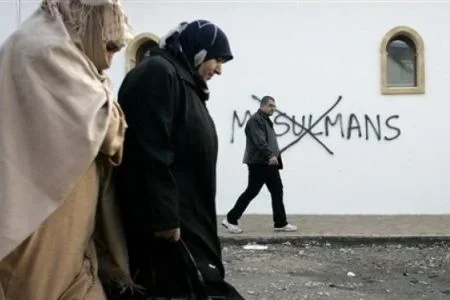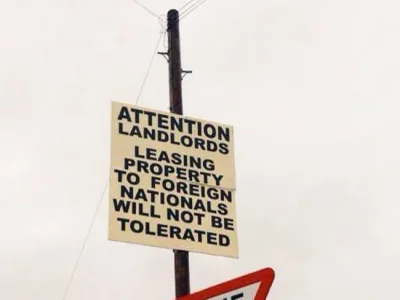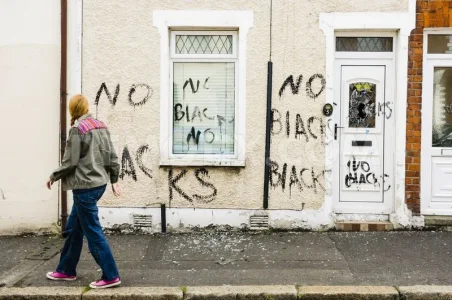arbygil
Passing through
- MBTI
- INFJ
- Enneagram
- 9w1
To be honest, [MENTION=5090]Apone[/MENTION], I think we're both saying the same thing but coming about it two different ways - and two different perspectives. I don't think we're ever going to have the ideal world, where people behave like they're in a Coke commercial; but I want is for someone to try walking in my shoes. They don't have to be in my shoes, because that will never happen; but to respect me enough to ask what it's like? That's something I would be profoundly grateful for.
I don't like people assuming things about me, but it hurts more when it's my own culture in the West who have problems understanding why. Of course I'd take someone's apology if they scratched my car, and I would say nothing more about it. The damage was done. But the car still needs to be fixed; if you paid for the damages, I'd say it's done. What it feels like, sometimes - and this doesn't happen all the time, when it does...well - what it feels like, is someone damaged my car, apologized, and then went away without paying for it. And when I want them to pay for it they suddenly say it's not their fault, it's mine. So it's confusing, and can have mixed messages.
Mind you, I like conversations like this, where ideas can be talked through and discussed, because it gives us the opportunity to hear what the other person feels, from their perspective. Telling each other we're wrong doesn't produce anything but hurt feelings. So this now? This is good.
I can't say that anyone should turn their back on his or her culture, if they have nowhere else to go. Me, I didn't grow up in a typical Black anything; I grew up in a Jewish-American neighborhood and attended a Lutheran church. So my viewpoint on Black culture will also be skewed. But did I experience racism? Yes. Did it hurt? Yes. Do I treat everyone I know as potential racists? No, never. Not at all. But when I see something that is out of whack and I know it has the potential to wound, it upsets me - because I'm tired of it being here, when it should've been gone long ago.
I say people have the right to say what they want to say, but I think on the opposite end we shouldn't ignore the other side's feelings. There has to be a middle point, where people can come together and discuss it rationally, so they learn a little from one another and it makes them better people.
I want more; that's all I'm saying. I'm not saying we haven't made strides - to say that would be spitting on the bones of those who have come before me. We've made great strides since the 1960s. But I don't want to stay where we are; there's room to change and grow and get better at what we do. Eventually I want the children of WBC and the children of the KKK to see that their parents' ideals don't make sense in a global society. We can't drill it out of people's heads, obviously, but we don't have the same numbers of racist people in this country as we did in the past; they've been shrinking (or their ideas have changed). So I don't believe that people can't change, and I don't believe people will refuse to change if they learn to see things from another person's viewpoint. Some people were brave enough to turn their backs on their culture and fight for what was right, but they often lost their lives in the process.
I don't like people assuming things about me, but it hurts more when it's my own culture in the West who have problems understanding why. Of course I'd take someone's apology if they scratched my car, and I would say nothing more about it. The damage was done. But the car still needs to be fixed; if you paid for the damages, I'd say it's done. What it feels like, sometimes - and this doesn't happen all the time, when it does...well - what it feels like, is someone damaged my car, apologized, and then went away without paying for it. And when I want them to pay for it they suddenly say it's not their fault, it's mine. So it's confusing, and can have mixed messages.
Mind you, I like conversations like this, where ideas can be talked through and discussed, because it gives us the opportunity to hear what the other person feels, from their perspective. Telling each other we're wrong doesn't produce anything but hurt feelings. So this now? This is good.
I can't say that anyone should turn their back on his or her culture, if they have nowhere else to go. Me, I didn't grow up in a typical Black anything; I grew up in a Jewish-American neighborhood and attended a Lutheran church. So my viewpoint on Black culture will also be skewed. But did I experience racism? Yes. Did it hurt? Yes. Do I treat everyone I know as potential racists? No, never. Not at all. But when I see something that is out of whack and I know it has the potential to wound, it upsets me - because I'm tired of it being here, when it should've been gone long ago.
I say people have the right to say what they want to say, but I think on the opposite end we shouldn't ignore the other side's feelings. There has to be a middle point, where people can come together and discuss it rationally, so they learn a little from one another and it makes them better people.
I want more; that's all I'm saying. I'm not saying we haven't made strides - to say that would be spitting on the bones of those who have come before me. We've made great strides since the 1960s. But I don't want to stay where we are; there's room to change and grow and get better at what we do. Eventually I want the children of WBC and the children of the KKK to see that their parents' ideals don't make sense in a global society. We can't drill it out of people's heads, obviously, but we don't have the same numbers of racist people in this country as we did in the past; they've been shrinking (or their ideas have changed). So I don't believe that people can't change, and I don't believe people will refuse to change if they learn to see things from another person's viewpoint. Some people were brave enough to turn their backs on their culture and fight for what was right, but they often lost their lives in the process.

